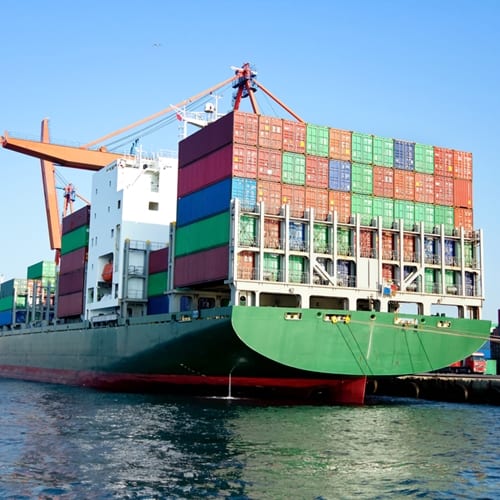Is your shipping fleet protected in case of a stowaway? Having an unaccounted for person aboard could bring with it problems and liabilities. The San Francisco Chronicle recently featured an article on the case of a German man named Andreas Guenther. He has been taken to court on charges that he stowed aboard the cargo vessel Cosco Oceania in an attempt to get from San Francisco Bay to South Korea.
As the source describes it, Guenther's plan was to board the ship via an inflatable raft while it was docked. Although he managed to escape detection as the ship sailed out on September 21, he was eventually discovered by the crew, who notified the Coast Guard. Guenther was apprehended soon after and later claimed he had purchased passage onboard after his passport expired.
While this would appear to be a relatively obvious case, it might not always be as simple to identify a stowaway: as such, understanding official definitions can help. On its website, the International Maritime Organization quotes the amended Convention on Facilitation of International Maritime Traffic on the broad description of a stowaway.
In its terms, this is a "person who is secreted on a ship, or in cargo which is subsequently loaded on the ship, without the consent of the shipowner or the Master or any other responsible person" and is discovered soon after.
The results of discovering a stowaway could be quite serious, as returning them to the proper place without putting them in danger may come with legal complications. In addition, the unexpected work of having to deal with a stowaway could lead to delays for the vessel in question at the very least.
Enacting maritime insurance won't prevent stowaways from climbing aboard, but it will leave you in a better position to react when facing this difficult problem.

